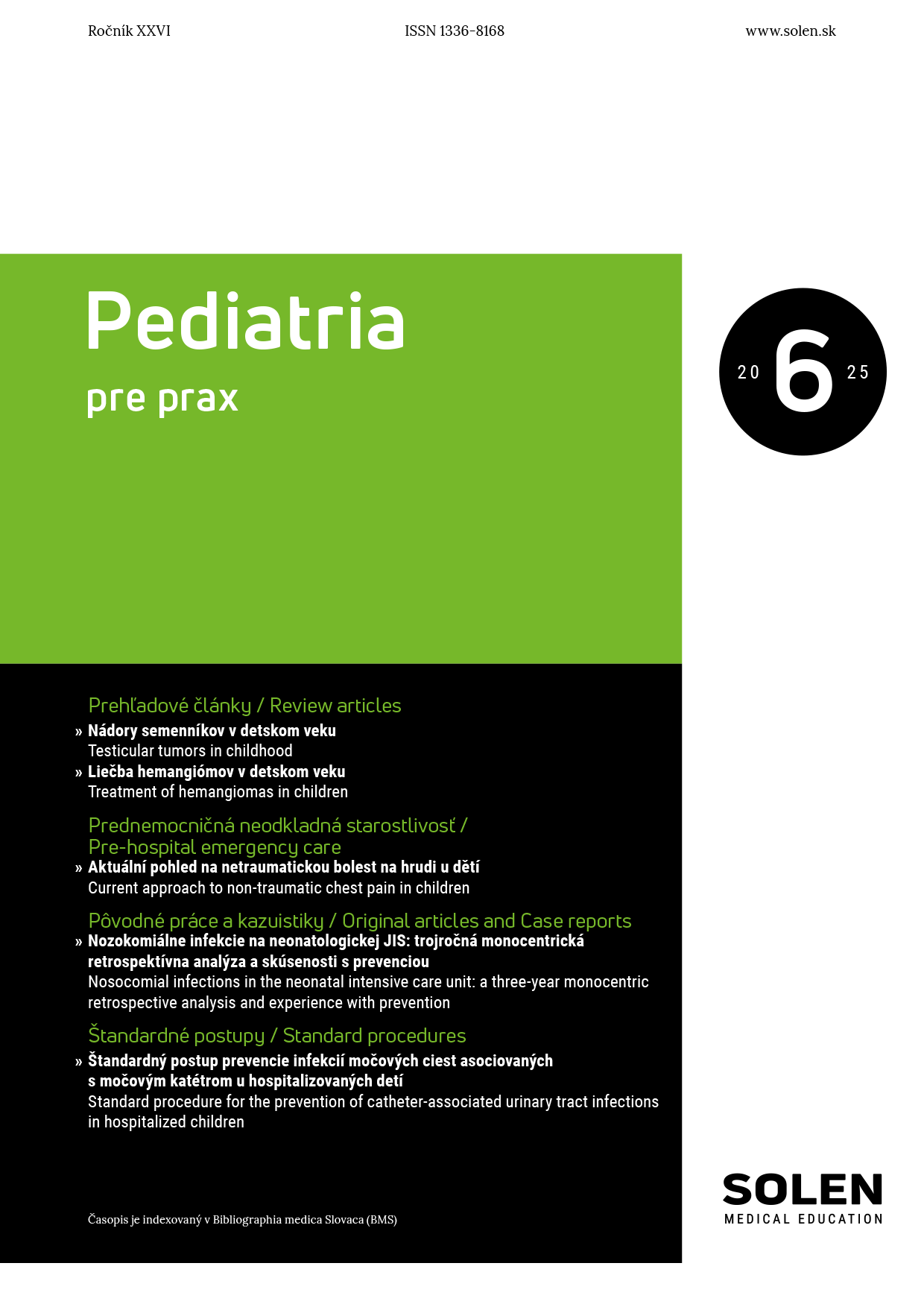Onkológia 3/2025
Current options for the use of PARP inhibitors in patients with metastatic castration-resistant prostate cancer with impaired DNA repair mechanisms
Poly-adenosine diphosphate-ribose polymerase plays an essential role in cell function by regulating apoptosis, genomic stability and DNA repair. PARP inhibitors is a promising drug class that has gained significant traction in the last decade with good outcomes in different cancers. Recent III studies have demonstrated the benefits of olaparib, niraparib and talazoparib in metastatic castrationresistant prostate cancer. Drug effectiveness has been assessed through radiological progression or overall response. Given the notion of synthetic lethality and potential synergy with other oncological therapies, several trials are looking to integrate PARPi in combined therapies. New combinations with PARPi may improve outcomes in earlier phases of prostate cancer.
Keywords: metastatic castrate resistant prostate cancer, targeted therapy, double strands breaks (DSB), single strand breaks (SSB), homologous recombination repair (HRR), PARP inhibitors, synthetic lethality, olaparib, niraparib, talazoparib

















